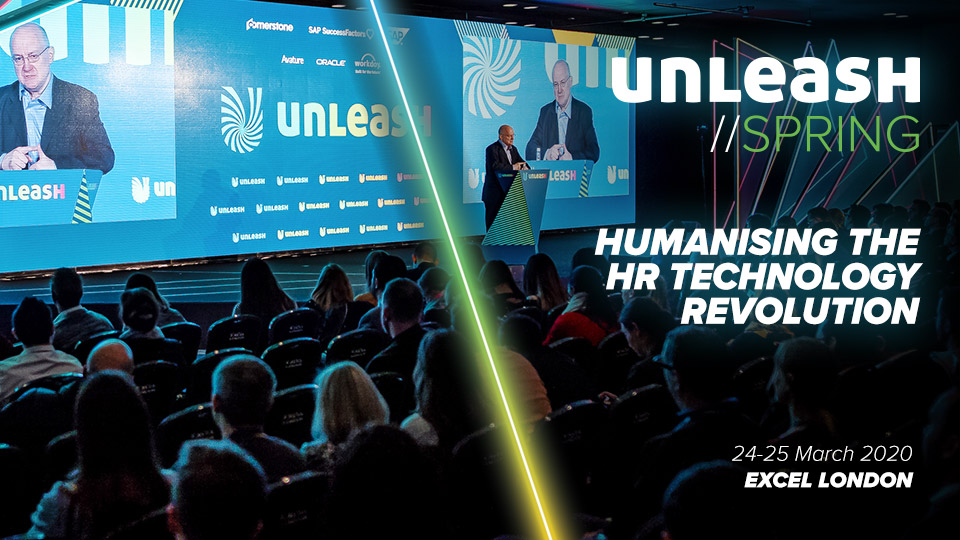Although a physician and neuroscientist by background, Dr Alan Watkins is now recognised as a leading expert on leadership and human performance, coaching leaders and organisations to achieve greater levels of performance. His latest book outlines his thesis that HR will disappear – but re-emerge as a transformative force that changes the organisation and the world around it.
HRZone: You have a remarkable career history. Can you tell us what got you to where you are today?
Dr Alan Watkins: I put it down to a complete curiosity about everything – which also happens to be the title of our new podcast series that starts next month. I’ve always been motivated to reduce human suffering on a large scale, but as a hospital consultant or a GP I found that this was not possible, because you can only impact about 200 lives at a time. Working with multi-national corporations you can have a much larger impact. Some of our clients have 350,000 employees for example.
Understanding the multiple lines and levels of adult development is the most important agenda in leadership today. If we help leaders ‘grow up’ they can create much more positive outcomes for colleagues and customers.
HRZone: You’ve just published a new book The HR (R)Evolution, which you will be exploring in more detail in your opening keynote session at UNLEASH. What motivated you to write on this topic?
Dr Alan Watkins: People spend most of their life at work and, while organisations can be a real force for good, when leaders make poor decisions this can cause significant suffering. Poor decisions are often caused by a lack of clarity, particularly about how the world has changed, how human beings change and how it is possible to deliver much better outcomes for people when you understand development and evolution.
HRZone: Your book touches upon the ‘seven great waves’ of change in business. Why is it so important to look back at how HR has evolved? How will this inform how the profession should shift in the future?
Dr Alan Watkins: Since the industrial revolution people practices have evolved through seven great waves. Most organisations have only made it to wave four – the profit wave. Less than 20% have made it to wave five – the people wave. Waves six and seven are yet to fully emerge. We wanted to help those who care about the future of work to know where they are on their own evolutionary journey and how they can seize the opportunity to get ‘ahead of the wave’ and change the workplace to change the world.
HRZone: Are there any skills or capabilities within the profession that you believe are essential to future success but lacking among practitioners?
Dr Alan Watkins: We must make a much clearer distinction between learning – which is the acquisition of skills knowledge and experience – and development, which is the implementation of that learning to create a new level of functioning. There is no development without learning, but the game changer is development not learning. Understanding the multiple lines and levels of adult development is the most important agenda in leadership today. If we help leaders ‘grow up’ they can create much more positive outcomes for colleagues and customers.
All companies need to become DDOs – deliberately developmental organisations. This means human adult development must be the centre of all organisations.
HRZone: You refer in your book to the profession currently being at a crossroads, with two very different futures lying ahead. What do you think, in all honesty, will happen if HR and the wider business do not respond and adapt to the changing world?
Dr Alan Watkins: If enough leaders do not ‘wake up’ and grow up’ then there is a very significant risk that the world will become a very unpleasant place and a very real possibility of a mass species extinction. The ‘wicked problems’ of climate change, poverty, affordable health care, feeding another two billion people and many other problems will overwhelm us. If we act quickly enough and make wiser decisions, we can still avert a global disaster. That will require leaders to develop much more quickly and work much more collaboratively on a global scale.
HRZone: Finally, if you were an HR professional today, what three things would you push to the top of your agenda to ensure we head down the more prosperous path?
Dr Alan Watkins: All companies need to become DDOs – deliberately developmental organisations. This means human adult development must be the centre of all organisations. We must focus on maturing as individuals – maturing the depth and quality of our relationships with each other. If we do so we will develop stronger more sustainable companies that can build a better future for all of us, not just some of us. Our book, The HR (R)Evolution, details more than three ways we can transition from whatever wave we are currently stuck in so that we can get to that better tomorrow.











